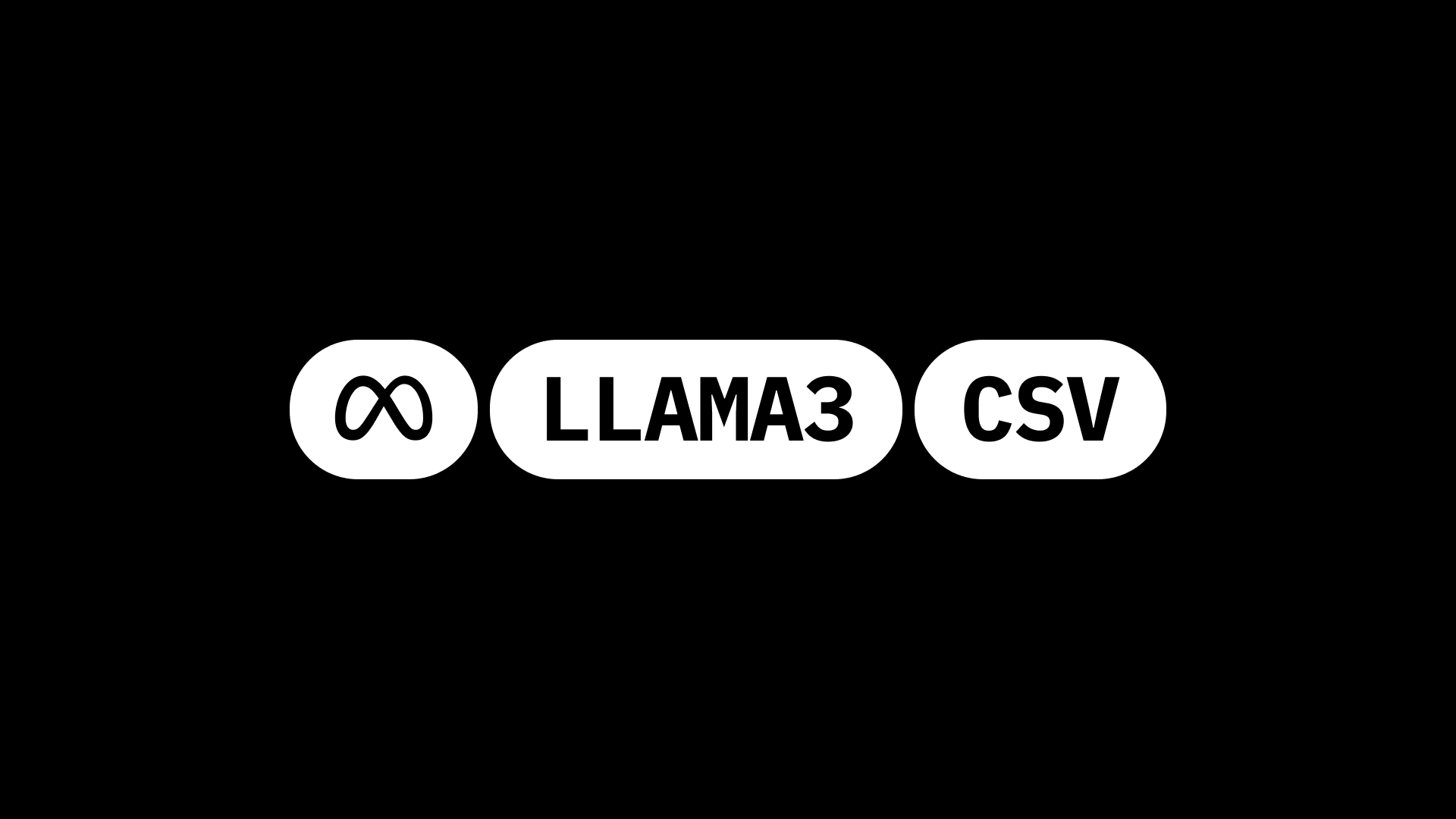Will OpenAI’s GPTs Kill AI Agents?

We are E2B. We provide sandboxed cloud environments made for AI agents and AI apps. Try our Custom Sandboxes. Check out our GitHub, and support us with a star if you like it.
OpenAI introduced GPTs - separate instances of ChatGPT that everyone can configure for their use cases with different instructions, knowledge, and actions.
Does it mean that all the agent-ish products and open-source projects built by developers for months are now dead? Here are some differences between building GPTs and "independent" AI agents.
Experimental nature
People began to build GPTs just a few days ago. There are similarities to what we have seen in the first hype around AI agents. Everyone is now experimenting with GPTs and they certainly have a long way to take. We can foresee that GPTs are yet to find their most viable use cases and potentially turn into something more serious.
OpenAI often emphasizes the community around GPTs, they are great for sharing on social media.
Techstack limitations
GPTs are tied to OpenAI's ecosystem, implying some limitations in a techstack overall.
- GPTs are not open-source, hence you cannot build on top of existing GPT
- GPTs are limited in the choice of LLM - using just GPT.
- The current version of GPTs has limitations, e.g. being able to upload a maximum of 10 files.
Using that action button you saw above, GPTs can be easily integrated into with other systems, such as your email, a travel site, or corporate payment software. You can start to see the birth of true agents as a result.
Builders' skills
Primary people building "independent" AI agents are developers, while GPTs attract no-code people and once again make AI accessible to a broader public. A lot of GPTs were built with just writing a few prompts in plain English. We have seen this with agent-building frameworks like Superagent where non-technical people can define their agent within existing UI.
The developer-centric counterpart of GPTs is the OpenAI Assistant API.
Tasks and capabilities
"Independent" agents are turning into various types of personal assistants. We have MultiOn that can order a meal or buy a plane ticket for you. We have Fine.dev that provides virtual SW developer teammates, Cursor, or Aide assisting you with coding or Open Interpreter that operates via user's terminal.
Even though they have diverse purposes, from a personal trainer to a startup co-founder, most GPTs are still chatbots. I see parallels with Character AI where everyone has their custom character for fun. Another strong use-case is generating other things than text, e.g. DALL-E for images.
Of course, there are exceptions, e.g. the Zapier GPTs that can be granted to access your calendar or Slack.
Technical and security challenges
Agents are often criticized for being unreliable and not ready for enterprise-level adoption. The same problems are faced by GPTs. Hallucinations, providing different results on the same prompt, and not really understanding the underlying processes are challenges typical for any product of a stochastic nature. These can be partly overcome by more advanced models or by building a product around an agent that would compensate for the lack of reliability.
"When builders customize their own GPT with actions or knowledge, the builder can choose if user chats with that GPT can be used to improve and train our models."
Revenue paths
So far, GPTs lack the characteristics of concrete products. Even though there have been discussions about GPTs killing agent-building startups, we now lack a way to make a business out of GPTs. The GPTs are exclusive to users with ChatGPT Premium, and there are no options for pricing strategy or differentiation of product tiers.
Different use-cases
While "independent" agents see main use cases in coding, debugging, and related tasks, GPTs offer use cases across fields. Many of them are useful for marketing or lifestyle purposes.
You can see this on the visual landscapes of popular OpenAI GPTs vs popular agents (both open and closed source) below.


Are GPTs even agents?
Here we go again with the ambiguously defined "AI agents". I have seen GPTs being called "Almost Agents".
In his recent post, Bill Gates made a few points about what differentiates agents from just bots (like Clippy):
- Proactive in suggesting solutions to user's needs
- Able to accomplish tasks across applications
- Improving over time.
OpenAI made the term "agents" great again, even though most GPTs still lack the degree of autonomy we expect from agents, e.g. using "tools" outside of their chat interface.
Will GPTs replace AI Agents?
In my opinion, OpenAI responded to a trend and quickly brought GPTs to the market. While they might be useful for introducing agents to the general public, they are still in an early stage, even though the idea is promising and will probably be further developed in the upcoming months.
GPTs are really beneficial for the daily users of ChatGPT - allowing them to utilize pre-made GPTs instead of iterating on a perfect prompt.
OpenAI hinted that the current state of GPTs is just the beginning. They are soon launching a GPT app store, offering creators the benefit of promotion. However, the creators will face very high competition due to the low entry barriers of GPT building.
However, in the future, many GPTs will still require developing more features and functionalities outside of OpenAI’s UI, the same way developers have been building more complex products around AI agents.
Secure AI Sandbox




